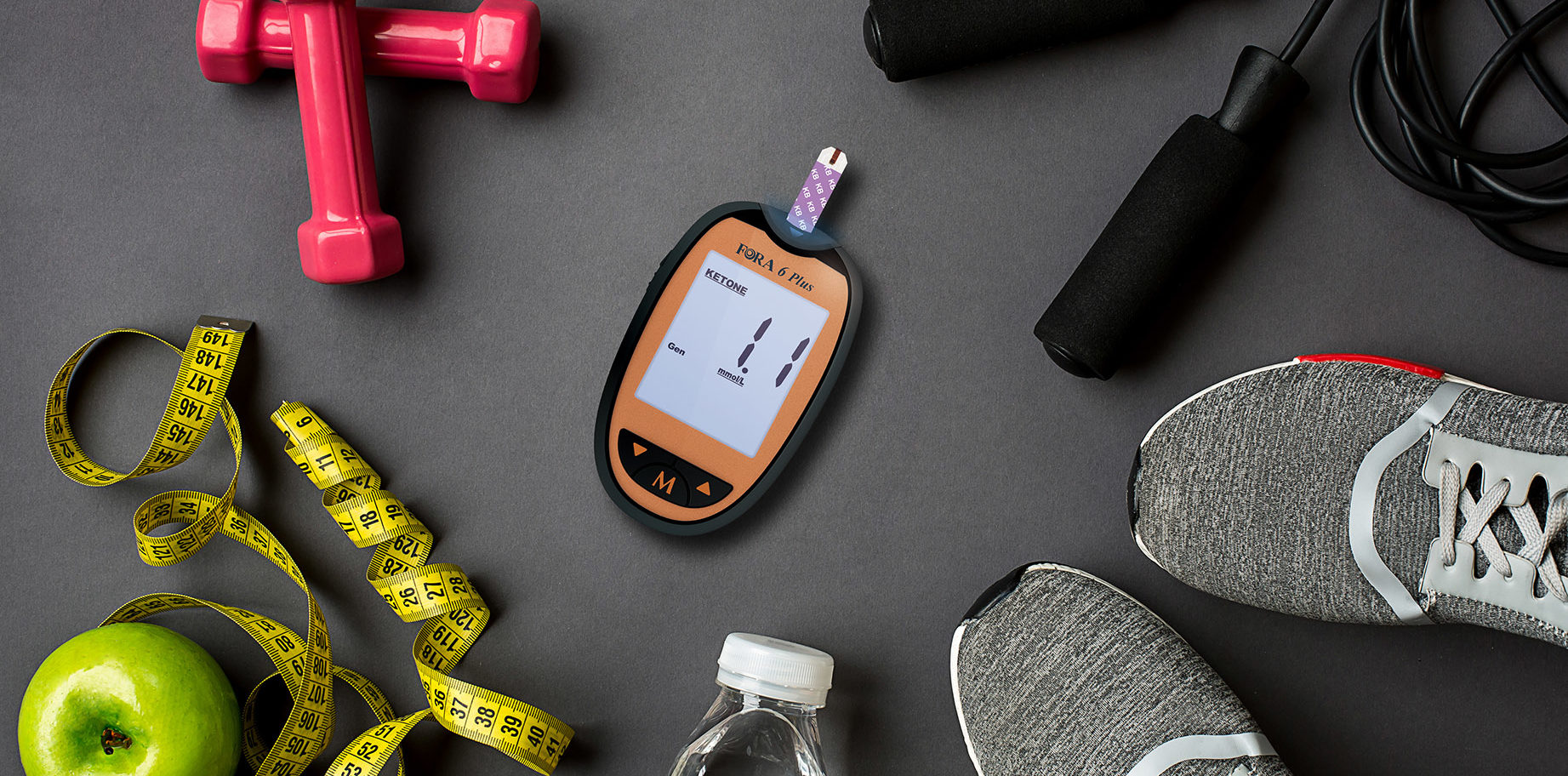How Diabetes Can Be Managed?

Diabetes is a constant state of hyperglycemia in the blood, which is one of the most prevalent diseases to persist in society. The number of complications that arise due to this disease increases hospital admissions yearly. Diabetics are therefore predisposed to a lot of serious conditions such as: stroke, coronary artery disease, kidney problems, ocular disturbances, and also infections. One way to manage diabetes and help the body stay safe from all such complications is by controlling and managing high blood glucose levels at the show of earliest signs and symptoms.
Can Diabetes Be Reversed?
Many individuals diagnosed with diabetes often wonder if they can get themselves out of this illness. This can be achieved if their HbA1c report suggests that their sugar is being well controlled and is staying in its said range. There is a strong genetic component attached to people who suffer from diabetes; therefore, it is harder to reverse Diabetes if there is a strong family history. People who fall under the category of pre-diabetics (HbA1c equal to 6 or 6.5%) have greater chances of reverting back to their usual selves with strict diet control.
There are mainly two types of diabetes, with Type 1 being more dangerous than type 2. The ones who have the condition Diabetes Mellitus type 1 have to undergo insulin therapy. They get injected with subcutaneous insulin as their body is devoid of any insulin. Therefore, reversing diabetes is only possible for patients suffering from Diabetes Mellitus Type 2.
Ways To Manage Diabetes:
Here’s how you can self-manage hyperglycemia when you have diabetes:
1. Fewer Carbohydrates/Fats In The Diet:
The moment a person visits a doctor with signs indicating diabetes, that individual is ordered to restrict their intake of carbohydrates. This is a very obvious change that diabetics need to follow in order to get their sugars in range. Increasing the consumption of fibrous food and cutting off processed sugary items helps stabilize blood sugar levels.
The amount of fat is directly linked with increasing levels of cholesterol in the blood. This increase also adds to the damage to insulin regulation and release. Therefore a well-balanced diet with a moderate quantity of proteins, less fat, and carbohydrates is the get-go diet for diabetics.
2. Decrease Weight:
The risk of diabetes is strongly attached to obesity and weight gain. Ones who have been diagnosed with diabetes are urged to decrease their weight in order to have their glucose in range. This also helps them prevent many cardiovascular problems in the long run.
3. Increase Physical Activity:
People with diabetes are strongly advised to increase physical activity as this helps regulate and restore the function of insulin by the beta cells of the pancreas. Exercising muscles help the body to increase insulin sensitivity which works in the restoration of glucose levels in the blood.
4. Compliance With Medicines Or Insulin Therapy:
Lastly, it is important to stick to the advised medications, take them at the right time, and monitor the ongoing therapy. Physicians prescribe glucose-lowering drugs to achieve tight glycemic control so that individuals do not face any complications due to their illness. By missing medications or self-inject insulin on time, patients usually end up with deranged glucose levels. Therefore strict compliance and self-monitoring is key to allowing medical therapy to work.
Conclusion
Whilst it is possible to recover a healthy body, it takes dedication and discipline to do so. Aside from adopting a healthier lifestyle as suggested above, it is important to adhere to medical therapy and self-monitor one’s situation. ForaCare manufactures innovative diabetes self-management solutions to make this journey as easy as possible.